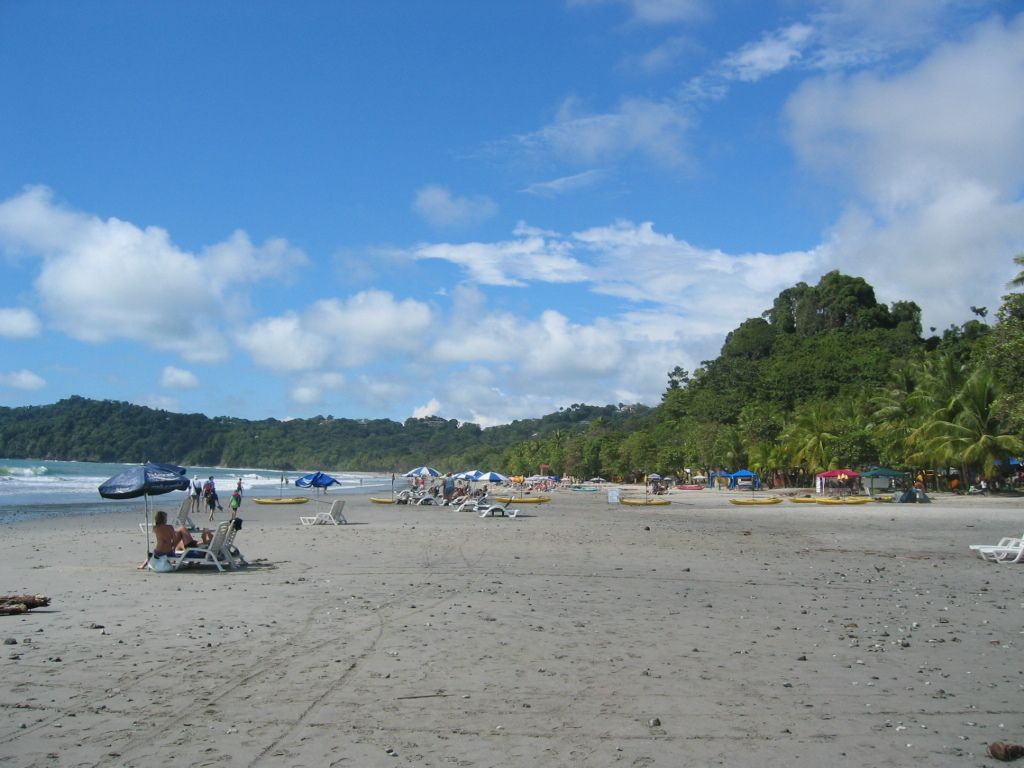Time's Up for EU's Trade Aid to Ukraine as Russian Conflict Rages On
Trading liberalizations agreements between the European Union and Ukraine will cease upon expiration. - EU ceases trade facilitation for Ukraine
Let's dive into the gist of the EU-Ukraine trade situation post the lapse of their trade preferences. This aid, initially offered to help Ukraine following three years of attacks from Russia, has now come to an end. The EU Commission announced that transitional arrangements have taken effect, lasting till a new trade agreement is finalized.
The EU waived customs duties for Ukrainian goods around 100 days after the start of Russia's aggression on the neighboring country in 2022. Last year, these measures were extended with stricter rules for certain food imports into the EU, such as poultry, eggs, sugar, oats, maize, coarse grain, and honey.
However, there's been a significant backlash from farmers, particularly in the EU's eastern regions, who view this aid as unfair competition against cheaper agricultural imports from Ukraine. Not only that, but France and other EU diplomats have also pressed for stricter customs rules due to national agricultural interests playing a role in the current debate about the expiration of trade facilitation.
As of midnight, customs quotas for products from Ukraine are once again applicable, according to the EU Commission. This reversion is based on a 2016 agreement and lasts until the end of 2025, with seven-twelfths of the annual quantities of the old trade agreement still accessible.
The European Commission is expeditiously working towards a new agreement that addresses the concerns of European farmers and some EU member states. However, the chairman of the trade committee, Bernd Lange (SPD), condemned the absence of a solution prior to the trade facilitation's expiration.
EUUkraineTrade FacilitationRussiaTrade PreferenceEU CommissionBrusselsInvasion
The current predicament presents uncertainty and transition for the EU-Ukraine trade relationship. Beyond the announcement of the ATM scheme's expiration, the EU is rolling back trade concessions to shield EU farmers, reintroducing pre-war tariff quotas on sensitive Ukrainian farm products. Ukrainian officials caution that the return to tariffs and quotas could jeopardize Ukraine's economic growth by potentially accounting for two-thirds of its projected growth due to lost export opportunities.
As negotiations for a new, long-term trade agreement unfold, complications arise due to domestic pressures within the EU, particularly in countries like Poland, where farmers have protested against the influx of Ukrainian imports. The EU and Ukraine are also continuing accession negotiations, with screening meetings for several thematic clusters ongoing. However, further progress depends on achieving unanimity in the EU Council.
In essence, the EU-Ukraine trade relationship is heading towards a new phase marked by navigating internal EU interests with support for Ukraine's battered economy during ongoing negotiations for a stable and mutually advantageous long-term trade agreement.
- The EU Commission announced that the transitional arrangements for the EU-Ukraine trade agreement will last until a new one is finalized, as the previous trade preferences have come to an end.
- Farmers in the EU's eastern regions have expressed concern about the current aid to Ukraine, viewing it as unfair competition against cheaper agricultural imports from Ukraine.
- The European Commission is working towards a new agreement that addresses the concerns of European farmers and some EU member states, but there are complications arising from domestic pressures within the EU, particularly in countries like Poland.







